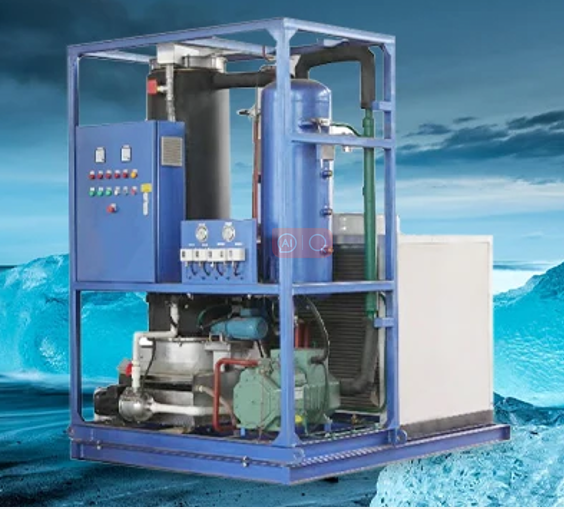disposal of refrigeration equipment manufacturers
The Disposal of Refrigeration Equipment Challenges and Best Practices
The refrigeration industry plays a critical role in preserving perishable goods, from food items to pharmaceuticals. As such, refrigeration equipment is essential for maintaining product quality and safety. However, with rapid technological advancements and changing regulations, the disposal of refrigeration equipment has become a significant concern for manufacturers, businesses, and environmental agencies alike. This article explores the challenges associated with the disposal of refrigeration equipment, as well as best practices to ensure environmentally responsible techniques are adopted.
Understanding Refrigeration Equipment
Refrigeration equipment encompasses a wide range of devices, including chillers, freezers, and air conditioning units. These devices typically contain hazardous substances such as refrigerants, which can contribute to ozone depletion and global warming if not handled properly. Additionally, refrigeration units often include metals and other materials that, when not disposed of correctly, can lead to soil and water contamination.
Challenges in Disposal
1. Regulatory Compliance Various regulations govern the disposal of hazardous materials, including the Clean Air Act, the Resource Conservation and Recovery Act (RCRA), and the Montreal Protocol. Manufacturers must navigate these regulations, which can vary significantly between jurisdictions. Compliance can be time-consuming and can require specialized training for employees.
2. Environmental Impact Improper disposal can lead to environmental damage. For example, if refrigerants are released into the atmosphere, they can contribute to the greenhouse effect and harm the ozone layer. Such environmental impacts can lead to liability for manufacturers and companies, along with potential fines from regulatory bodies.
3. Economic Factors The cost associated with proper disposal can be substantial. Many businesses may opt for cheaper, improper disposal methods due to budget constraints, leading to long-term negative consequences for the environment and public health.
4. Technological Obsolescence The rapid pace of innovation in refrigeration technology means that manufacturers frequently need to retire old equipment. Managing the disposal of obsolete units adds an additional layer of complexity, as outdated materials and technologies may not be covered under current disposal regulations.
disposal of refrigeration equipment manufacturers

Best Practices for Disposal
1. Implementing a Recycling Program Manufacturers should aim to establish an efficient recycling program for refrigeration equipment. This involves identifying recyclers who specialize in handling refrigeration units and ensuring they are certified to process hazardous materials. By recycling metals, plastics, and refrigerants, companies can minimize waste and recover valuable materials.
2. Training and Awareness Employees involved in the disposal process must be adequately trained on the regulations and best practices for refrigeration equipment disposal. This includes understanding the potential hazards of refrigerants and the importance of environmentally responsible disposal methods.
3. Partnership with Certified Disposal Facilities Collaborating with disposal facilities that are certified in handling refrigeration equipment can help ensure compliance with regulations. These facilities are equipped to safely manage hazardous materials and can provide documentation crucial for compliance auditing.
4. Adopting Sustainable Practices Manufacturers should consider adopting sustainable refrigeration solutions that reduce environmental impact. This includes investing in newer technologies that use eco-friendly refrigerants and energy-efficient systems. By doing so, businesses can reduce future disposal challenges and enhance their sustainability credentials.
5. Regular Equipment Audits Conducting regular audits of refrigeration equipment can help manufacturers track which units need replacement and plan for their eventual disposal. This proactive approach can help mitigate last-minute scrambles to dispose of equipment and ensure that proper procedures are followed.
Conclusion
The disposal of refrigeration equipment is a multifaceted issue that requires proper planning, compliance with regulations, and a commitment to sustainability. As manufacturers and businesses face increasing pressure to operate responsibly, implementing best practices for disposal will not only help mitigate legal liabilities but also contribute to environmental preservation. By making informed choices about refrigeration equipment disposal, the industry can take a significant step toward reducing its ecological footprint while safeguarding public health.
















































































































